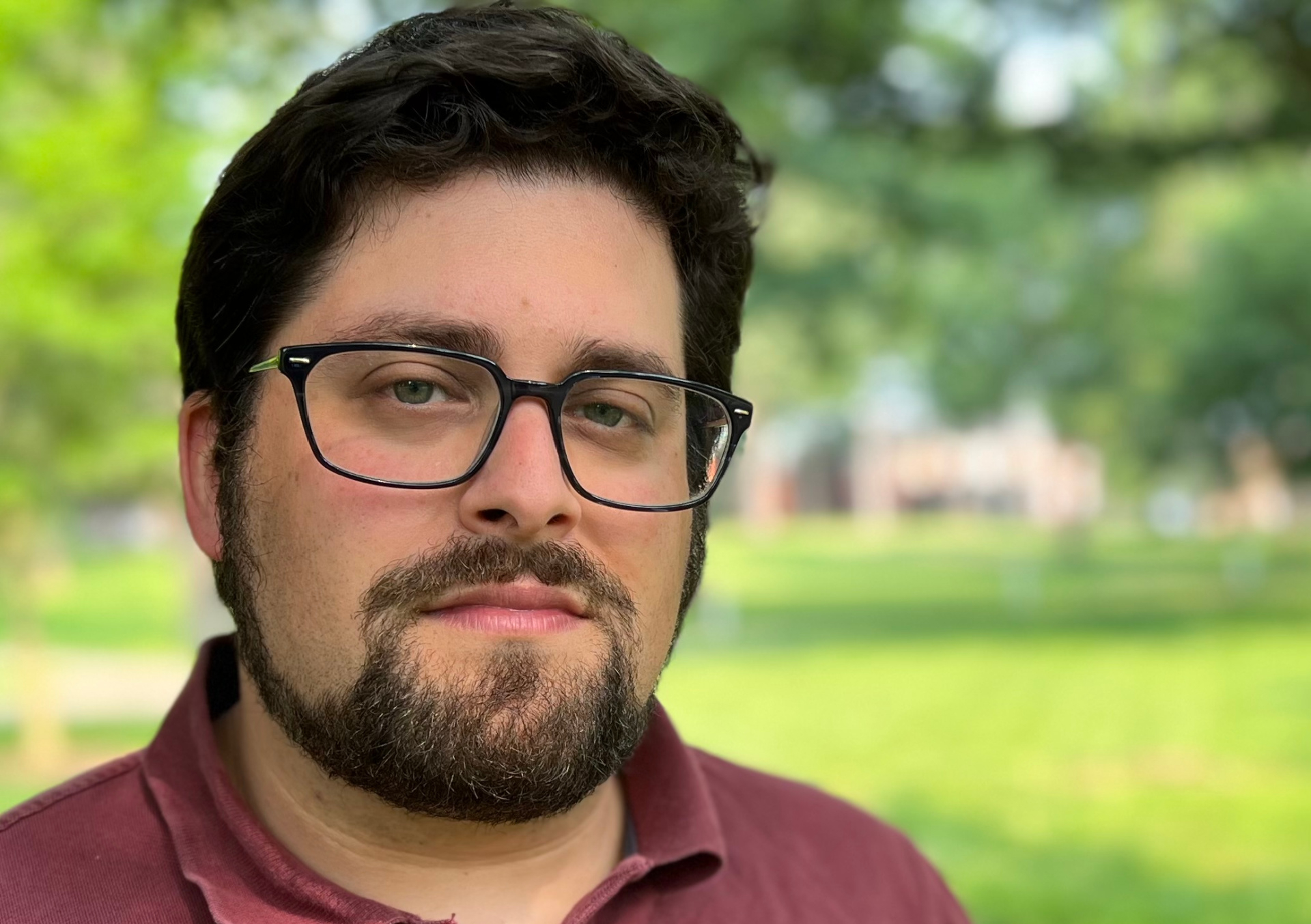
The Visiting Professor is helping Guilford students explore the emerging field of dark tourism ethics, examining why people are drawn to sites of death and tragedy — and how to engage with them responsibly.
“(Dark tourism) is an area where there hasn’t really been exhaustive, formal academic development, particularly in the ethics world. You’ll see some people talking about it from a business perspective, maybe a sociological perspective, but it doesn’t get a lot of emphasis in philosophy and professional ethics.”
This time of year Halloween crowds will visit haunted houses, ghost tours and spooky attractions. Sometimes those places are pure fantasy. Other times they are the sites of real-life atrocities or accidents like Chernobyl or Auschwitz or the 9/11 Memorial in New York City.
This week, USA Today turned to Guilford College Visiting Professor of Philosophy Marius Pascale for insight into why people are drawn to the darker corners of history — and what ethical questions come with that curiosity.
In a national story published this week, “Is ‘Dark Tourism’ Ethical? Haunted Attractions Reconsider Their Past,” Marius offers a nuanced take on how places like Eastern State Penitentiary and the Lizzie Borden House are navigating the tension between entertainment and education.
“‘Dark tourism’ may present some moral quandaries, but it’s not inherently wrong,” Marius tells USA Today. “It can help people process their questions around death and sadness. It’s not innately bad — but neither do we want to sign off on all of it and say it’s all fine, too.”
A professor of applied and professional ethics, Marius studies how moral psychology shapes our fascination with death and tragedy. His perspective — that curiosity about darkness can also spark empathy and understanding — echoes Guilford’s liberal arts and Quaker values, which emphasize reflection, discernment and respect for human experience.
For Marius, that work goes beyond classroom theory. His own travels include what he calls ethically acceptable destinations — and some that cross the line. “I’m no stranger to historical ghost tours and tours of supposedly haunted locations or areas that have seen historic upheaval. But there are things that I would personally draw the line on that I do think are ethically questionable destinations,” he says.
When he was invited to tour a concentration camp while attending a conference in Germany, he declined. “Even then, delineating what those limits are is a very … it’s a field where a lot of people want guidelines,” he says. “But it is an area where there hasn’t really been exhaustive, formal academic development, particularly in the ethics world. You’ll see some people talking about it from a business perspective, maybe a sociological perspective, but it doesn’t get a lot of emphasis in philosophy and professional ethics.”
He attributes that gap, in part, to trends within philosophy itself. “Philosophy is very much — you wouldn’t think this is the case from such an ancient discipline — but it is very strongly guided by trends,” Marius says. “Right now the ethics world is concerned with political questions, questions of the use and restrictions on AI, economic things, international [issues]. So a lot of times these big sea change things come up, and that kind of monopolizes the discipline focus.”
Still, the topic has found a natural home at Guilford. His class "Death, Horror, and Morbid Fascination" deals, in part, with dark tourism. Marius says it’s one of the most popular classes he teaches.
For Marius, the growing interest among students speaks to something deeper — a curiosity about the moral complexity of human fascination with death and the unknown. “It is a very popular class,” he says. “I already have students now asking me about availability next year for that class.”

